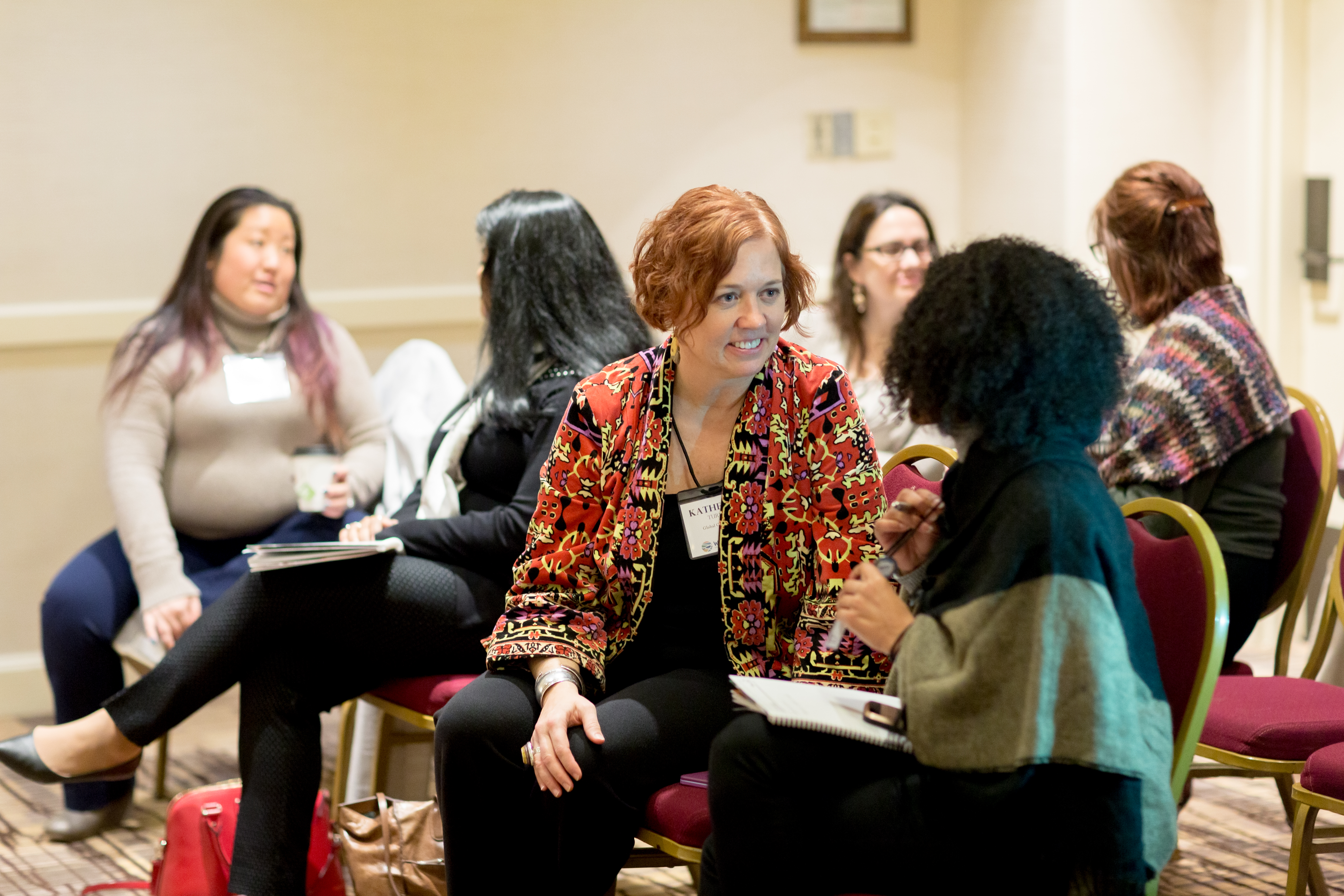2018 WISE Conference

See photo highlights from WISE 2018 here.
For information about the 2018 schedule, content, speakers, and session materials, contact wiseconference@wfu.edu.
WISE welcomed scholars from various universities and colleges for a dynamic meeting filled with motivational speakers, education sessions, workshops, and numerous networking opportunities.
As part of WISE 2018, 275 registrants participated establishing the largest assembly in the 10-year history of the event.
- 62% of registrants were first timers
- 42% of attendees identify as faculty
- 97 faculty/staff — record breaking number — attended from WFU
- Other NC schools sending large cohorts: Elon University; North Carolina Central University in Durham; University of NC at Greensboro; and Campbell University
- Large groups from out of state included Purdue University (Indiana) and Grinnell College (Iowa)
- WISE 2018 saw colleagues from 28 states and six countries [Brazil, England, France, South Africa, Spain, Nepal]

